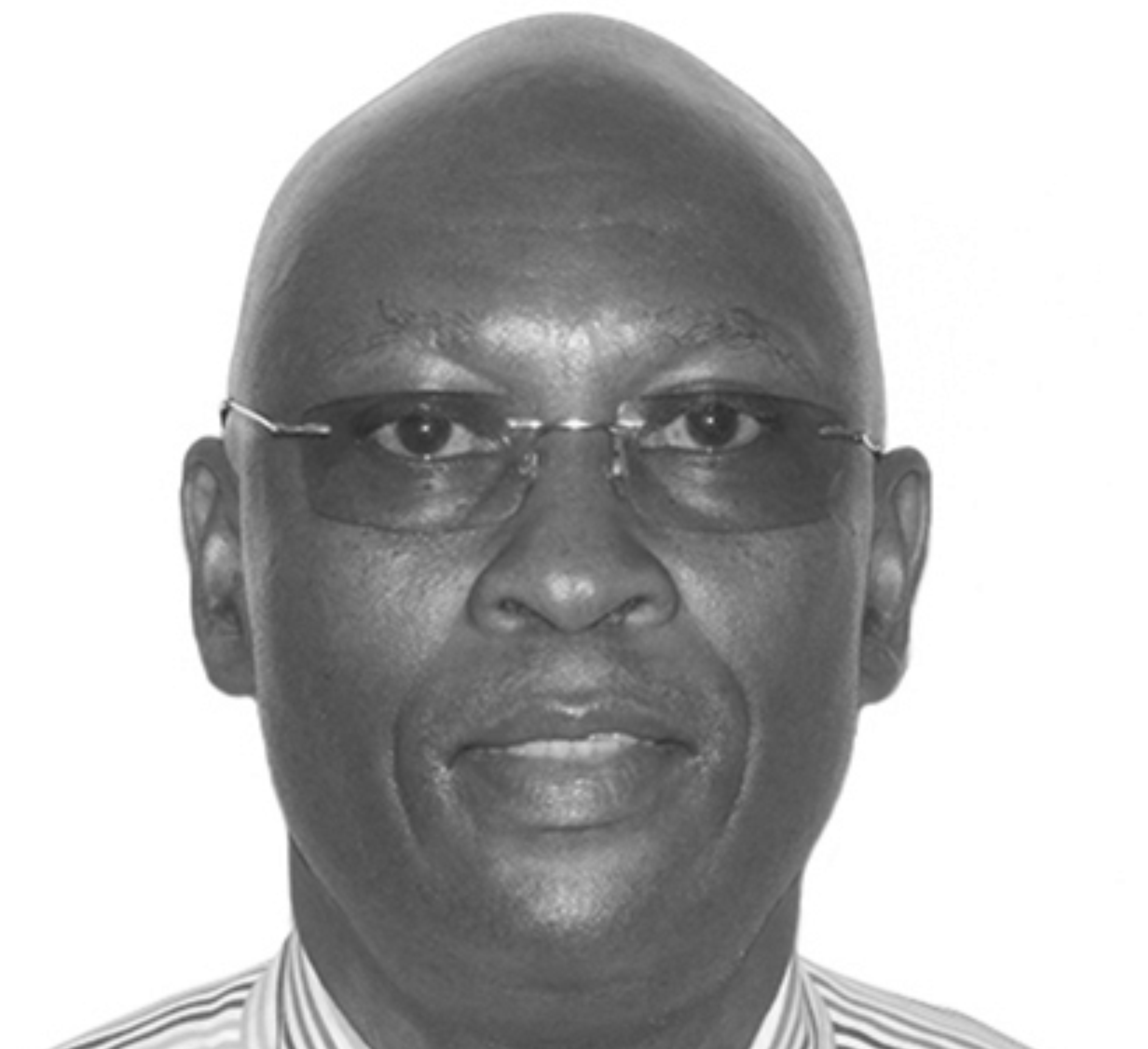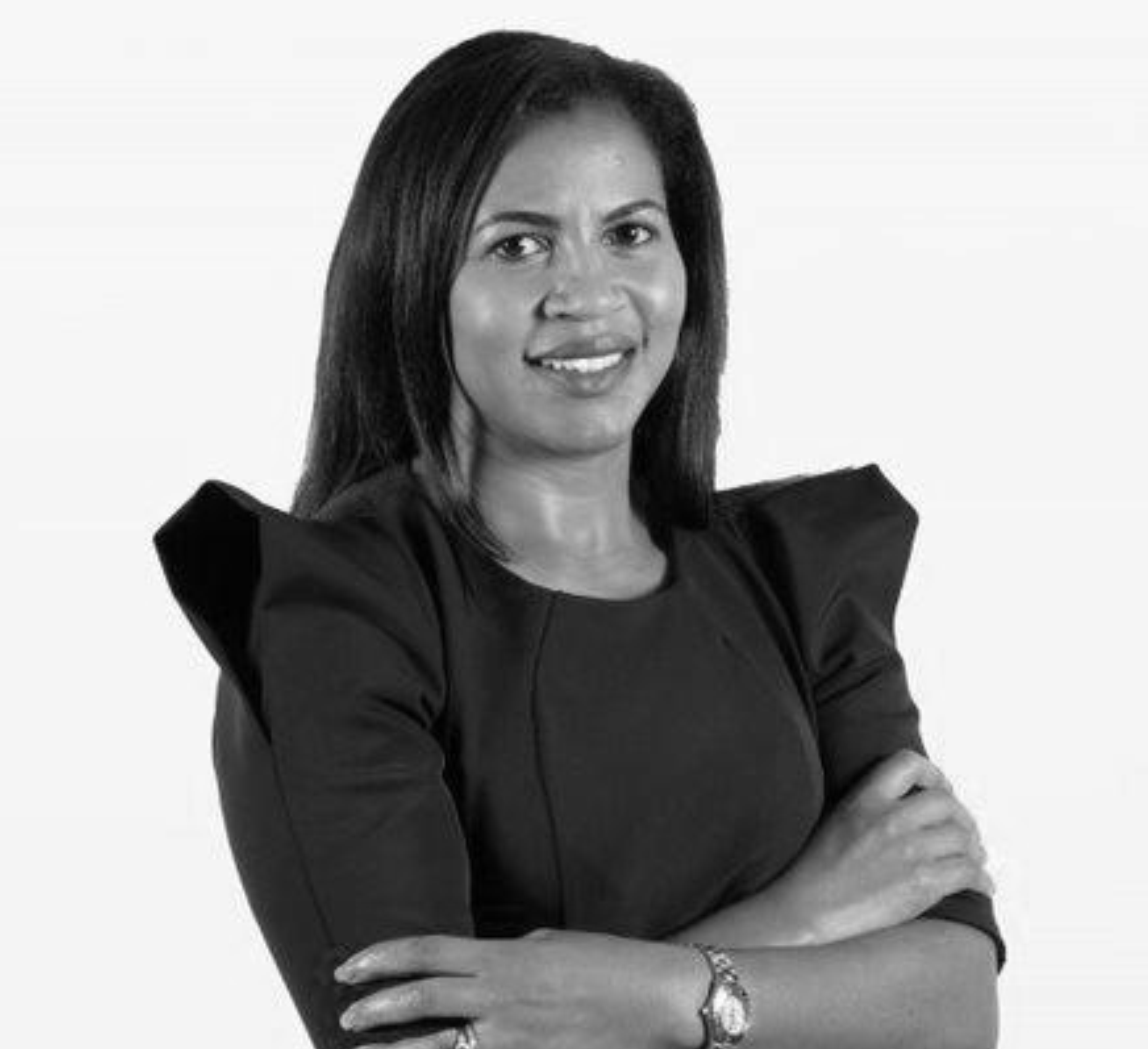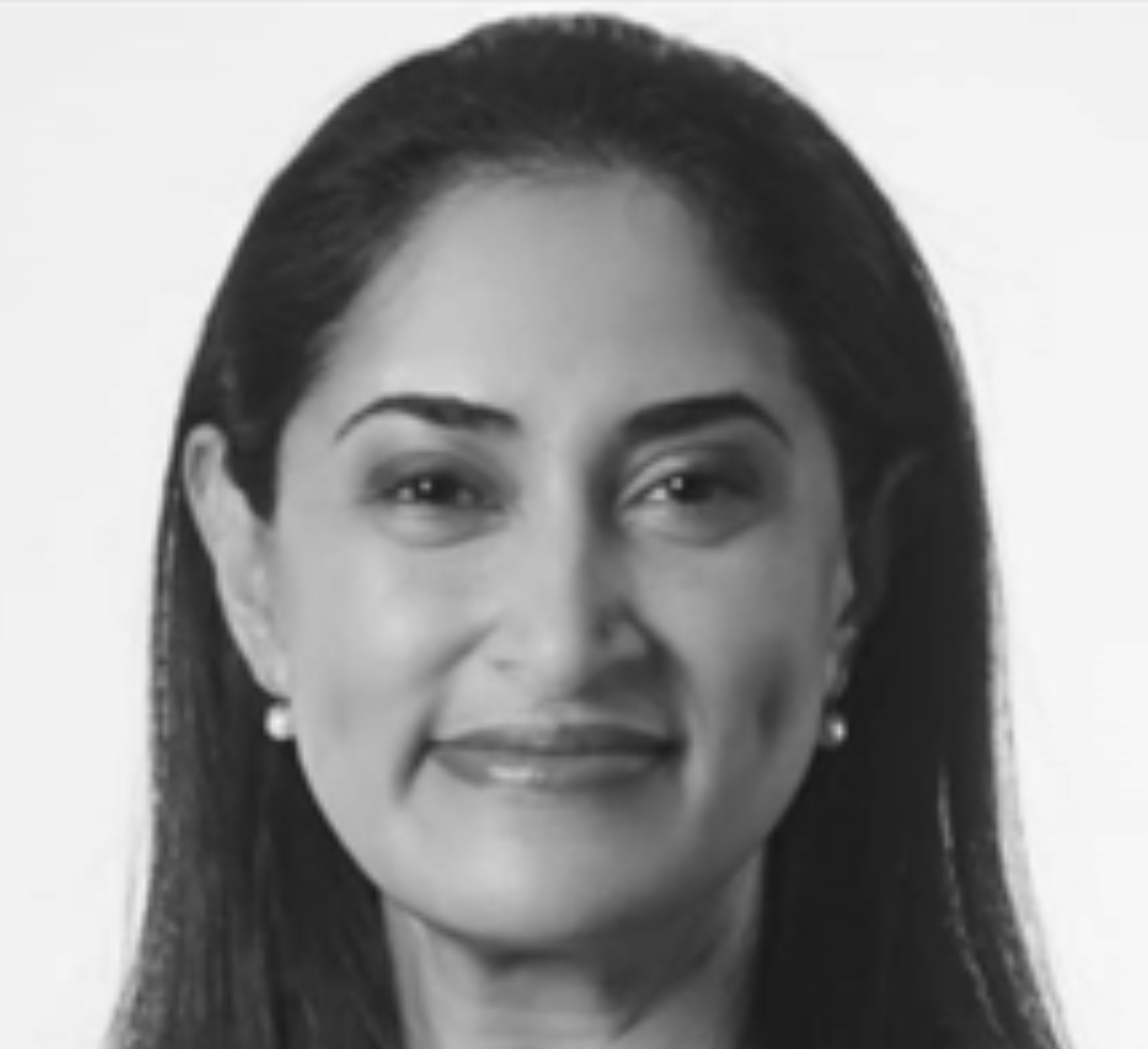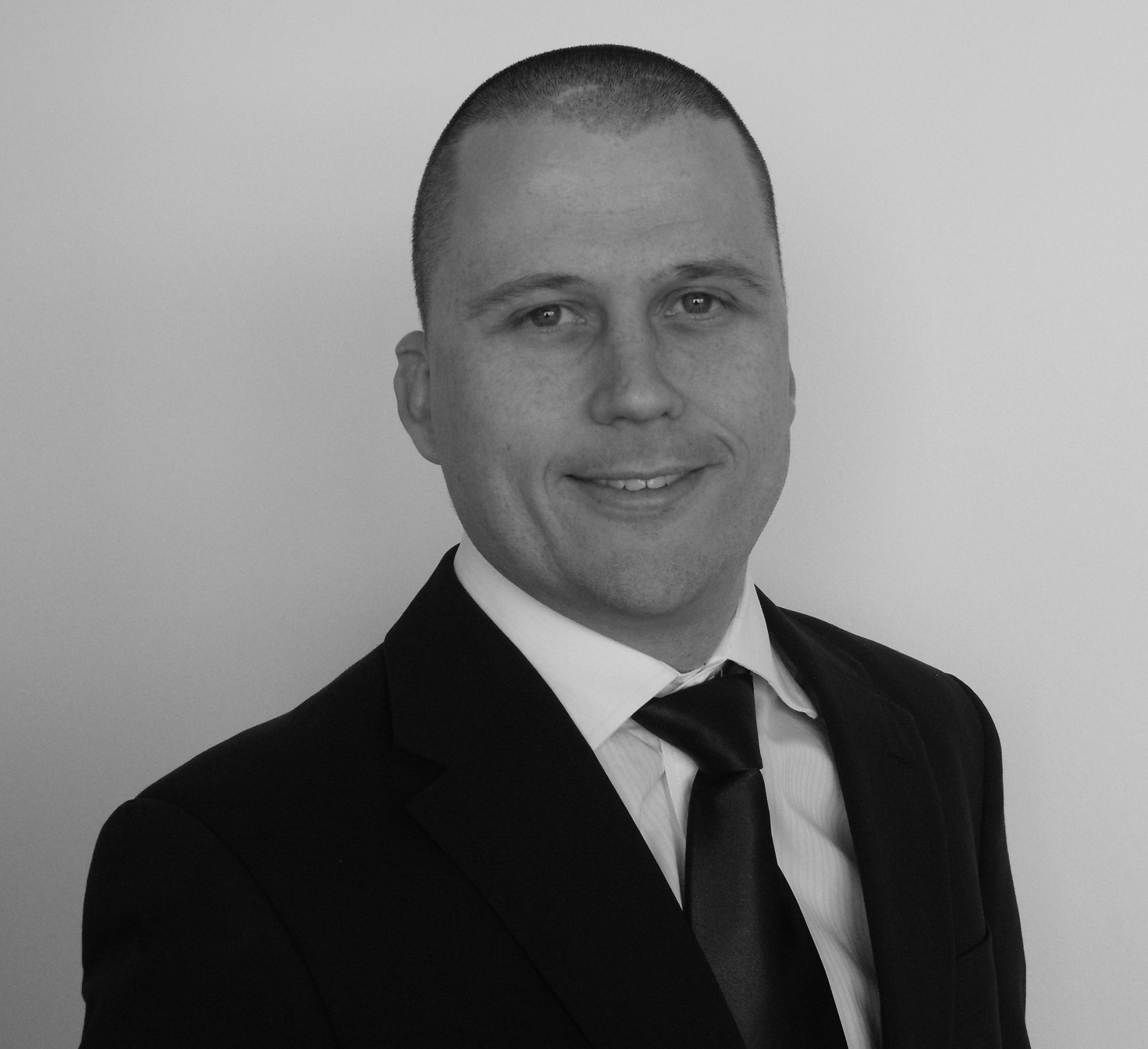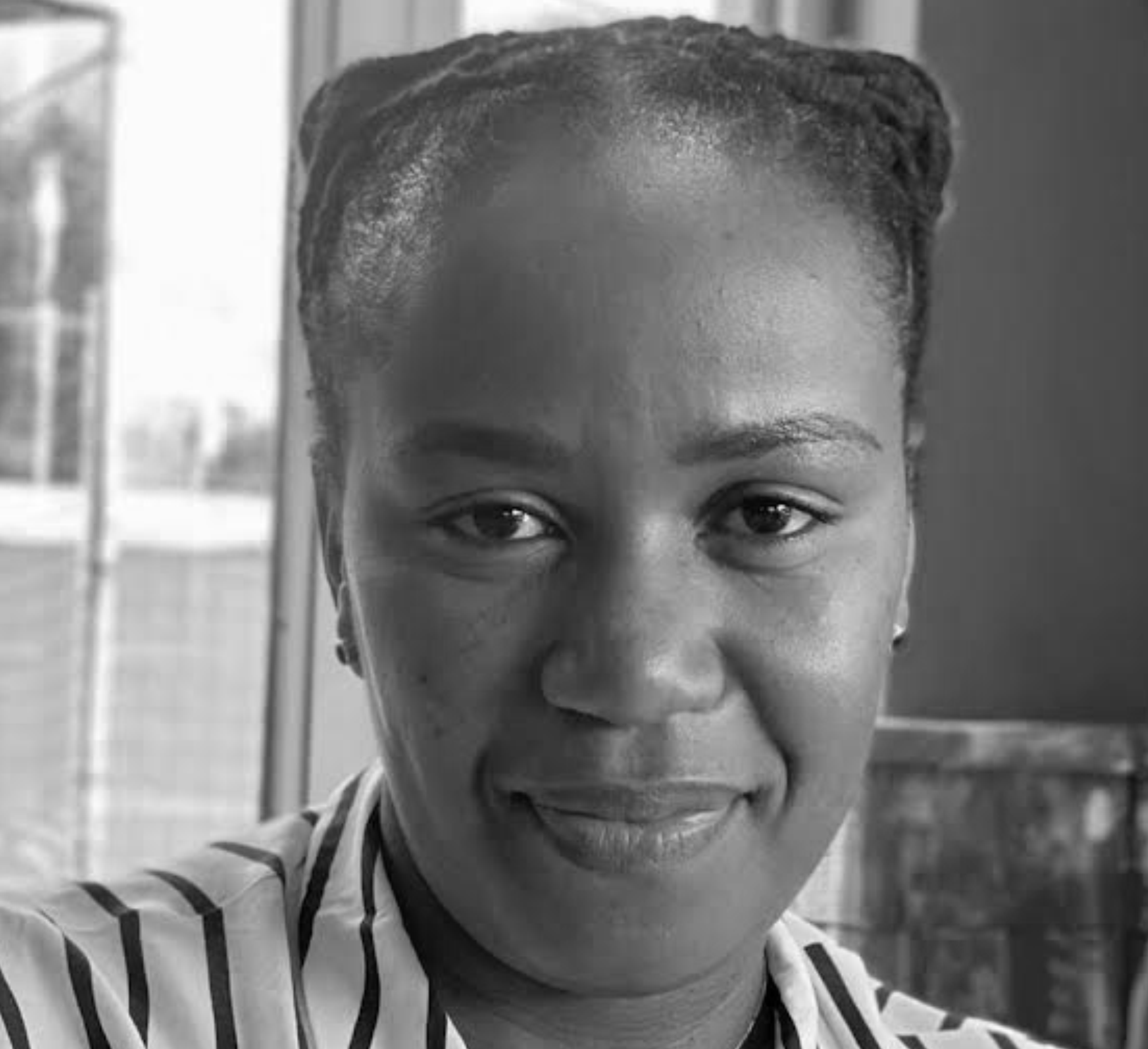170: Christian Campbell
After spending a significant portion of his career working in non-profit organisations across Africa, Christian Campbell has returned to his home country of Sierra Leone to follow his passion and launch his own business focusing on the SME sector.

Today’s podcast is sponsored by Draftworx, which provides automated drafting and working paper financial software to more than 8000 accounting and auditing firms and corporations. CFO Talks is a brand of the South African Institute of Business Accountants.
Christian is the proud recipient of the CFO (SA) designation from the South African Institute of Business Accountants, and he is a member of the Institute of Directors of South Africa. He has a master’s degree in sustainability and environmental management from the University of Derby in the UK, as well as an MBA from the University of Liverpool. Christian spent many years in different roles across Africa and many of those years were with Joint Aid Management International, tell us how that all started?
Whilst working in Malawi for World Vision, I got an offer to join the JAM International team in Mozambique because they were looking for an experienced finance co-ordinator who has dealt with USAID grants because they were having a four-year USDA school feeding grant. It was exciting to be given that offer and I wanted to take the challenge because I had to run the country office and the language being spoken there was Portuguese. So I was excited to see how I could run the finance office in a Portuguese-speaking country. It was really a challenge because we were working in six provincial towns in Mozambique and it was a very, very large grant of US$20 million and we had to deliver food aid to the school children in these provinces. I spent eight years in Mozambique working in this food aid grant and when it closed down, I was given another invitation to come to South Africa to help with auditing and closure of the USAID grant. After spending one year in South Africa, I was offered the finance director position for which I had until November 2021 when I retired to start my own business.
Tell us how you joined Lifestyle Ventures and explain that business.
I am a co-founder of Lifestyle Ventures because I wanted to live my dream when I retired and one of my dreams was to build capacity with SMEs and to carry out some leadership training. At the moment it’s based in Seirra Leone but we want it to be all over Africa. Our next target is moving it to South Africa and because I know have CFO (SA), I think that would enable us to move onto Mozambique, where I have worked for quite a while, and then most of the Southern African region.
Having spent a lot of time in the finance sector, I realised that it was important that we build the capacity of SMEs.
Building capacity of SMEs takes a long time and if we look at the SMEs, they are the engine that runs the economy, and they are often sidelined and not given proper attention. So my dream was to build up capacity and develop their leadership style. So I came together with another colleague and we started the lifestyle venture, which was intended to do logistics management and capacity building. So we do a lot of consultancy on capacity building and preparing financials for small and medium-size companies.
My clients are the small-scale businesses, for which we prepare financials, and then there are big organisations, for which we do supply chain management, and big organisations that we do our leadership training consultancy for.
You’ve got a strong grounding in accounting, and you’ve also got a solid academic background in sustainability and environmental management. Is that where the future of accounting is going, it’s going much broader than just the financial figures? We hear of nothing but ESG in the accounting world these days, is this the future of accounting?
The significance of Environmental, Social, and Governance means that accountants and firms must be cognizant of climate change because we can see from Covid how it affected business and we’re now taking it as a lifestyle to live with it. But with climate change we might not have a vaccine to eliminate the issue, so as accountants we have to see how best we can factor the risk in running a country with the issues relating to climate change because climate change will affect our pricing and will affect the scenario in which an organisation operates.
What inspired you to apply for the CFO designation, which is offered by SAIBA?
I was motivated by the fact that I was looking at the license that they have called Business Rescue Practice.
Most of my time I have been involved in rescuing grant-funded programmes and so I decided that it’s a nice area to end up in as you retire and to help rescue organisations that are going down. So I decided to apply and I was given a favourable response, but then I was not a full member and I was told that I need to be a full member. I was encouraged because at the end of the day, the way I see them working with most of the business accountants working in the provincial towns, in the municipalities and working with small business people, I was so excited to see that that thinking is part and parcel of today’s business. So I decided that I would want to be part of this group that makes a difference in the lives of people and businesses in the rural areas and try to be relevant.
Tell us about the CFO alliance and the importance of SAIBA’s role in that, there was a CFO alliance conference recently that you attended.
Basically, I didn’t attend that one, I was involved as a volunteer in the international alliance group for ESG reporting and we only had our first kick off meeting and it was very, very interesting. My focus was about the SMEs, how would we simplify the standards for the SMEs to be able to work effectively, to be able to apply it to their current scenarios because the standards might be very complicated for the SMEs. So I am looking at how we can be the voice of the SMEs. SAIBA, since most of the business accountants are working in the municipalities and with small business owners and doing tax consultancies, we have to be more concerned about our clients. Therefore, we need to be relevant in the areas in which we serve them.
So it’s really an alliance that’s connecting CFOs across the world, and I guess particularly in Africa, it creates a network for sharing ideas, for coming up with solutions where they are needed. The area that you’re working in is vital for the African economy because you’re focusing on the SME sector where they don’t have access to high level accounting services, and that doesn’t just mean putting together financial statements, it’s about how do you access capital, how do you do marketing and that kind of thing, am I correct?
Exactly, we are advocating on their behalf that these standards must be simplified and must be applicable to the conditions under which they work.
Final comments.
South Africa is the big brother of Africa, so it’s good that SAIBA is taking the lead and it’s easy to filter down and whatever is operating in South Africa and has been successful can be filtered to the rest of Africa.
I thank SAIBA for that, they are doing a very good job.

